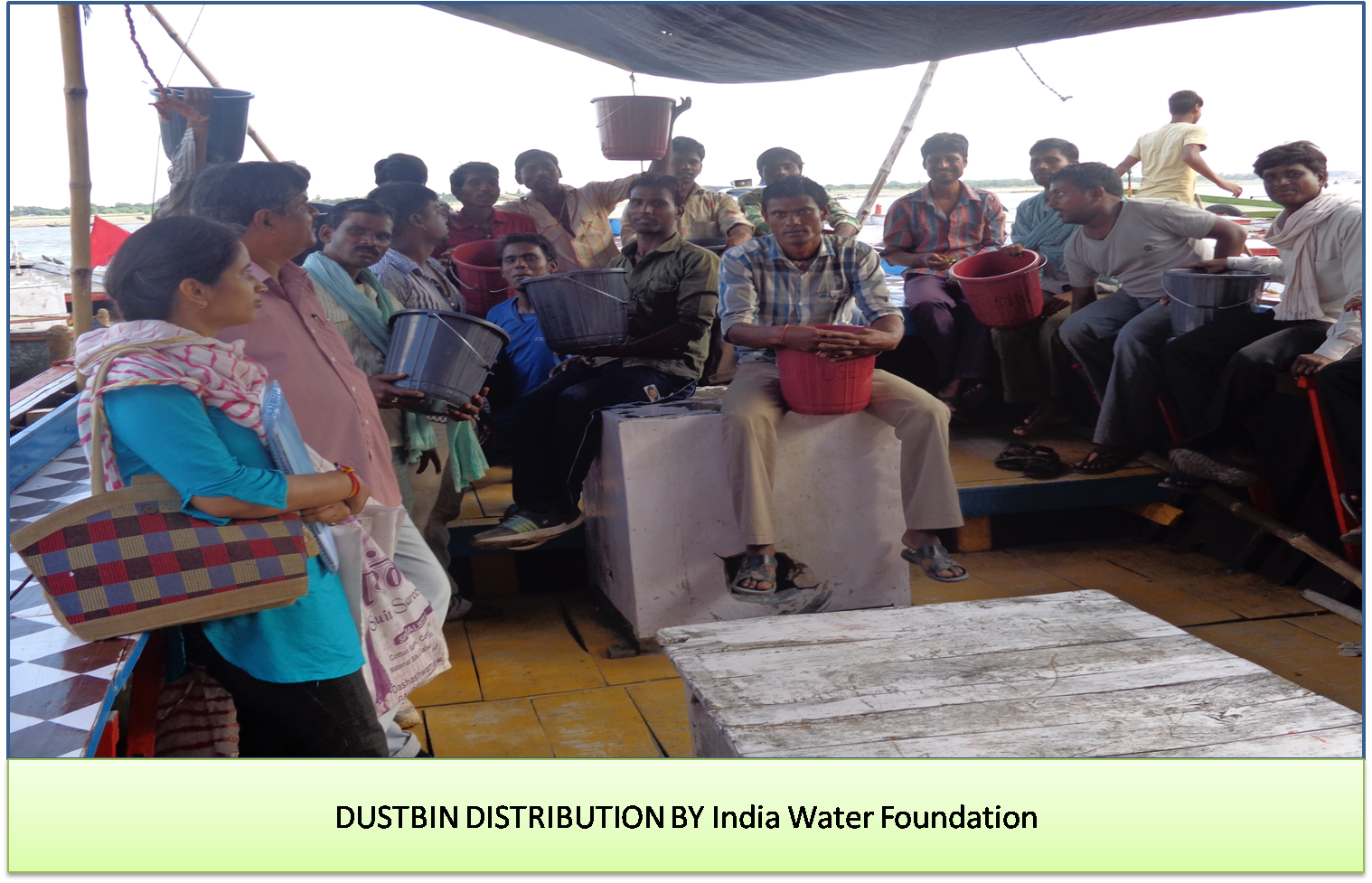International Volunteer Day

International Volunteer Day #DrArvindKumar This day hopes to heighten people’s and governments’ awareness of the voluntary contributions. It also focuses on stimulating people to offer their services as volunteers, both at home and abroad. Over the years, governments, businesses, nonprofit organizations, and individuals contribute the International Volunteer Day through various activities including: v Voluntary community projects. v Parades, marches, or rallies. v Award ceremonies for volunteers who made significant contributions to their communities. v “Time donation” campaigns that involve people pledging hours of voluntary service to specific projects. v Companies launching voluntary programs as part of their corporate responsibility. v Volunteer competitions. v Activities and events for the day help promote the impact of volunteering and the UN’s Millennium Development Goals, via volunteering to: v Help eradicate poverty. v Achieve universal primary

















.jpg)